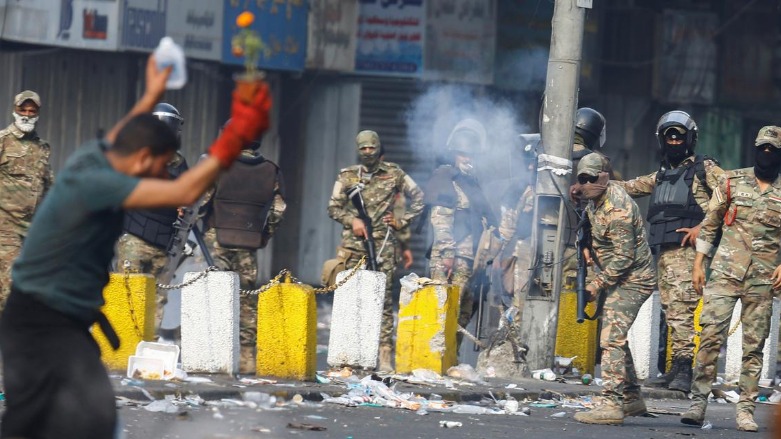UN calls on Iraqi leaders to appoint new PM-designate as deadline nears

ERBIL (Kurdistan 24) – The United Nations Assistance Mission for Iraq (UNAMI) on Tuesday called on Iraqi leaders to agree on a prime minister-designate candidate as a deadline approaches weeks after PM Adil Abdul Mahdi resigned from his post.
“UNAMI urges political leaders to reach consensus on the nomination of a candidate who meets the expectations and aspirations of the Iraqi people,” a statement from UNAMI said.
Dec. 18 marked the deadline for lawmakers to agree on a candidate to form the future government, but it was unclear if the top political parties of the countries had reached a definitive agreement on the issue amid reservations that protesters would reject their pick.
“At this stage, time is of the essence, and the situation calls for decisive action. Iraq cannot afford band-aid solutions or coercive measures,” the statement quoted the Special Representative of the United Nations Secretary-General for Iraq, Jeanine Hennis-Plasschaert, as saying.
Abdul Mahdi stepped down in early December, two months after widespread protests plunged the country into a fresh crisis as members of the security forces led harsh crackdown campaigns, killing upward to 500 demonstrators and wounding close to 21,000 others.
Unidentified gunmen have carried out assassinations and abductions of notable members of the protests, with suspicion directed at Iranian-backed militias within the Hashd al-Shaabi paramilitaries.
The UNAMI statement noted, “the country faces an emerging pattern of abductions and targeted killings of human rights defenders and demonstrators.”
“It is the ultimate responsibility of the State to protect its people. Abductions, unlawful arrests, and heinous killings have no place in a democracy. They must not become ‘the new normal’ in Iraq,” Hennis-Plasschaert stated.
“Iraq’s political leaders must assume this responsibility by responding to the rightful demands for reform without further delay.”
In its third report on protests last week, UNAMI revealed ongoing “violations of the rights to life, physical integrity, liberty, and security” of demonstrators across central and southern provinces in Iraq.
The protests in Iraq reflect widespread dissatisfaction with the economy, a call for more jobs, the dismal state of public services, and widespread government corruption.
The UN, as well as Amnesty International and Human Rights Watch (HRW), have previously called for an end to the bloodshed and urged security forces to show restraint against protestors.
Demonstrators in Iraq are calling for radical change in Iraq’s political system, which they say fails to address their needs, but, rather, serves the interests of a small governing elite.
Editing by Karzan Sulaivany
